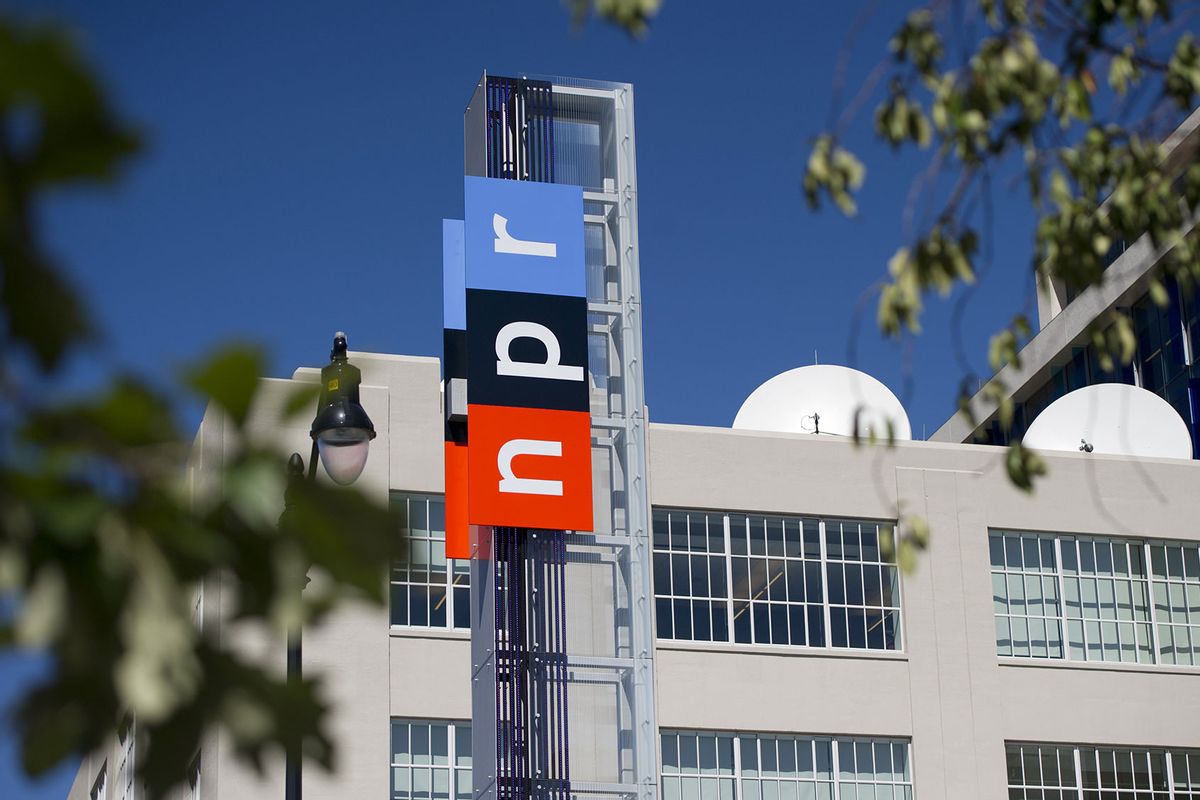Uri Berliner, a former editor at National Public Radio, resigned this week following an uproar sparked by his allegations of left-wing bias at the media outlet.
Berliner, who according to NPR was initially suspended for five days after violating its policy on writing for outside publications, address his resignation statement to NPR CEO Katherine Maher on X.
Berliner's essay, published earlier this month on a right-wing website, has been praised by conservative activists but received significant pushback from NPR colleagues. Steve Inskeep, who has been at NPR since 1996, said that Berliner's essay — claiming NPR valued racial diversity more than journalist integrity — was full of mistakes and omissions.
"The errors do make NPR look bad, because it’s embarrassing that an NPR journalist would make so many," Inskeep wrote on his Substack.
Inskeep highlighted Berliner's claim that he examined voter registration data and found that 87 NPR employees with its bureau in Washington, DC, were Democrats and none Republican. As a member of the Washington newsroom, Inskeep noted that he himself is registered as "no party," arguing that fact did not fit Berliner's preferred narrative.
"NPR says its content division has 662 people around the world, including far more than 87 in Washington. The article never disclosed this context," Inskeep wrote.
The Washington Post's Erik Wemple accepted Berliner's invitation to examine NPR's work and pass judgment on the network's alleged bias. According to Wemple, he did not find much to support the claim.
Upon reviewing NPR's Russia-Trump coverage, Wemple noted that while it consisted of thousands of articles, podcasts and segments, Berliner only linked one. "His serious allegations, accordingly, are backed by scant evidence, if any at all," Wemple wrote. It’s a lazy, summary approach to evaluating a large body of work — a feelings-based critique of the sort that passes for media reporting these days."
In his original essay for the online outlet The Free Press, Berliner, who had worked at NPR for 25 years, claimed that the outlet always had a “liberal bent" but that in recent years it had shown bias against former President Donald Trump and demonstrated an “absence of viewpoint diversity."
Trump himself took that as an opportunity to blast the public radio network.
“NO MORE FUNDING FOR NPR, A TOTAL SCAM! EDITOR SAID THEY HAVE NO REPUBLICANS, AND IS ONLY USED TO 'DAMAGE TRUMP,'" Trump posted on his website, Truth Social. "THEY ARE A LIBERAL DISINFORMATION MACHINE. NOT ONE DOLLAR!!!"
According to NPR, less than 1 percent its budget comes from the federal government.



Shares